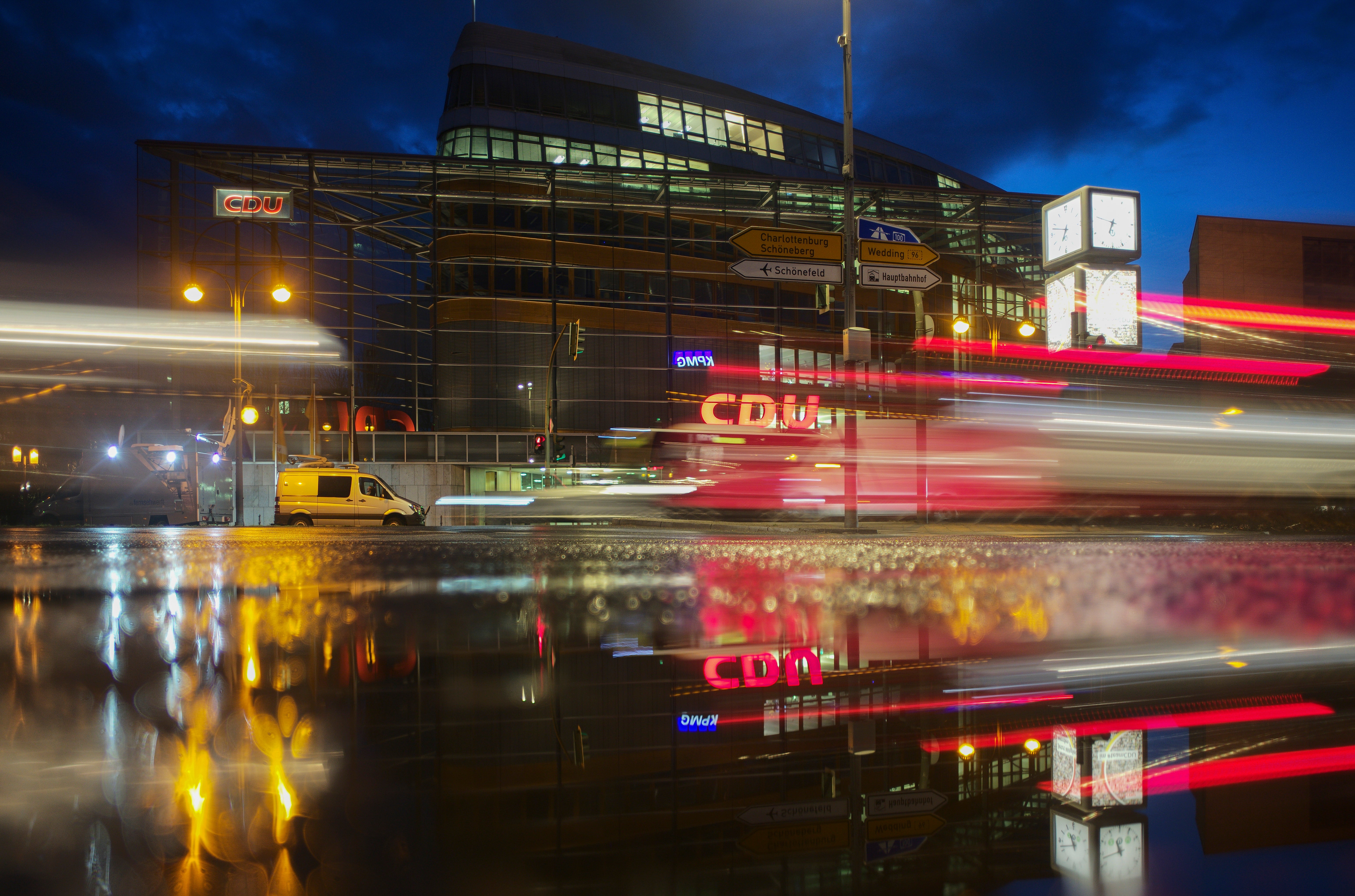Merkel's party faces German election 'wake-up call'
Chancellor Angela Merkel’s party is considering how to respond to historically bad state election results that a senior member described as a “wake-up call,” six months before a national vote that will determine who succeeds Germany’s long-time leader

Your support helps us to tell the story
From reproductive rights to climate change to Big Tech, The Independent is on the ground when the story is developing. Whether it's investigating the financials of Elon Musk's pro-Trump PAC or producing our latest documentary, 'The A Word', which shines a light on the American women fighting for reproductive rights, we know how important it is to parse out the facts from the messaging.
At such a critical moment in US history, we need reporters on the ground. Your donation allows us to keep sending journalists to speak to both sides of the story.
The Independent is trusted by Americans across the entire political spectrum. And unlike many other quality news outlets, we choose not to lock Americans out of our reporting and analysis with paywalls. We believe quality journalism should be available to everyone, paid for by those who can afford it.
Your support makes all the difference.Chancellor Angela Merkel s party is considering how to respond to historically bad state election results that a senior member described as a “wake-up call," six months before a national vote that will determine who succeeds Germany's long-time leader.
Final results early Monday confirmed that Merkel's center-right Christian Democratic Union was handily defeated in Sunday's elections by two popular incumbent state governors: the Green party's Winfried Kretschmann in Baden-Wuerttemberg and the center-left Social Democrats' Malu Dreyer in Rhineland-Palatinate
While the CDU always faced an uphill battle against the pair, the results were painful. It lost the two states — both of which were once strongholds, but have long since slipped from its grasp — by about eight percentage points. It won 24.1% of the vote in Baden-Wuerttemberg and 27.7% in Rhineland-Palatinate, its worst showings there since World War II.
Merkel's federal government faces discontent over a slow start to Germany's coronavirus vaccination drive, while most restrictions remain in place and infections are rising again. And her center-right bloc has been hit over the past two weeks by allegations that a few lawmakers profited from deals to procure masks early in the coronavirus pandemic.
The party also has still to decide who will run to succeed Merkel in the Sept. 26 national election. Germany's leader since 2005, long a powerful draw for voters, isn't seeking a fifth term.
Sunday's results aren't helpful for new CDU leader Armin Laschet, who was elected in January. He has said that he and Markus Soeder — the leader of the CDU's Bavarian sister party, the Christian Social Union, who is the other serious contender — plan to make a decision in April or May on who will seek the chancellorship.
Sunday's results “are a wake-up call for the entire CDU,” senior lawmaker Norbert Roettgen told the Rheinische Post newspaper. He argued that such showings couldn't be explained by the incumbents' popularity alone.
“Time is pressing, but there is still time to take concrete measures,” he added. He called for a focus on vaccination and testing strategy, a pro-active investigation of the mask-profiteering scandal and a clear program for issues other than the pandemic.
The state elections gave the environmentalist and traditionally left-leaning Greens new confidence for the national election campaign, in which they are expected to make their first bid for the chancellery.
And the vote gave some comfort to the center-left Social Democrats, who have been struggling with dismal federal poll ratings. National polls have shown the CDU and CSU still well ahead of the Greens and Social Democrats, despite softening support.
The Social Democrats' candidate for chancellor, Finance Minister Olaf Scholz, said the results showed that "forming a government is possible without the CDU.” They make three-way coalitions between the Greens, Social Democrats and pro-business Free Democrats possible in both states — highlighting the possibility, though it has seemed a long shot so far, of such an alliance at national level.
One party that didn't benefit on Sunday was the far-right Alternative for Germany, which has opposed coronavirus restrictions and is in a court standoff with the domestic intelligence agency over whether it can be put under observation as a “suspected case” of right-wing extremism.
The party lost about a third of its support compared with strong showings in 2016, taking 9.7% of the vote in Baden-Wuerttemberg and 8.3% in Rhineland-Palatinate.